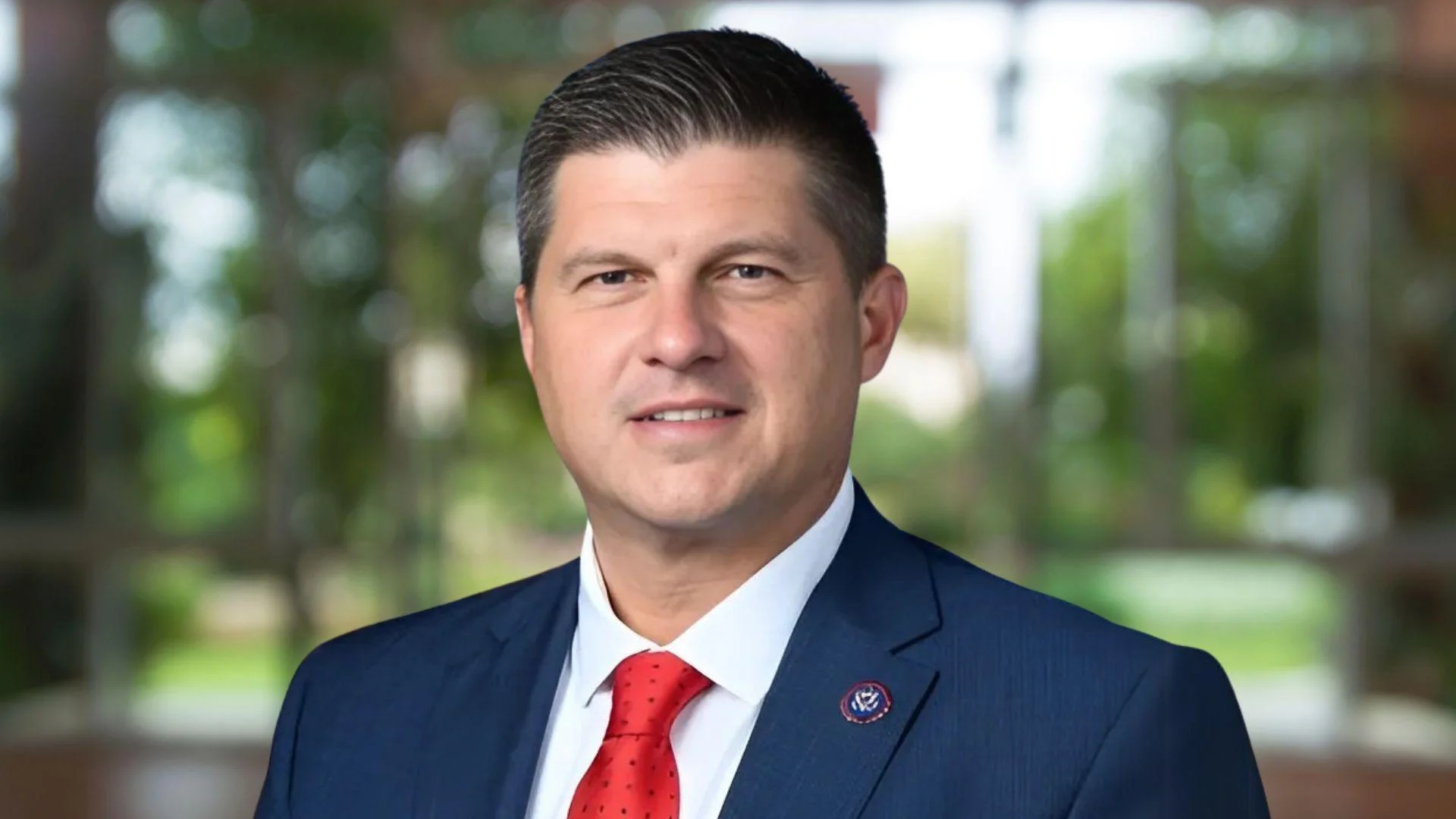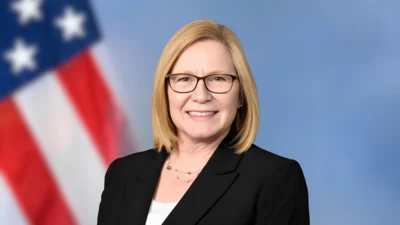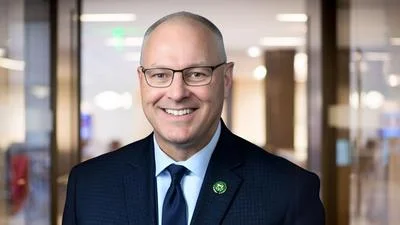Brad Finstad, Representative for Minnesota | X
Brad Finstad, Representative for Minnesota | X
Brad Finstad, Representative of Minnesota, has expressed concern over the misuse of taxpayer dollars intended for child nutrition programs. He said that these funds were "stolen and spent on Kenyan real estate," emphasizing that the lack of state oversight should be a matter of public outrage. This statement was made on the social media platform X.
"75 indictments and counting," said Bradley Howard Finstad, U.S. Representative of Minnesota's 1st Congressional District (R). "These are YOUR taxpayer dollars that were meant to feed hungry kids and instead went to buy Kenyan real estate. The lack of oversight of state-administered dollars should outrage each and every one of us."
According to CBS Minnesota and the U.S. Attorney’s Office, the Feeding Our Future fraud scheme involved approximately $250 million in stolen federal child nutrition funds during the pandemic. Nearly 70 individuals have been charged, with at least 50 convictions expected by 2025. Defendants reportedly admitted to falsifying meal counts, using shell companies, and spending funds on luxury goods.
The Minnesota Legislative Auditor revealed that Feeding Our Future exploited two federal nutrition programs—the Child and Adult Care Food Program and the Summer Food Service Program—by submitting falsified meal claims, invoices, and site applications. This led to an estimated $250 million in misused federal funds due to weak oversight.
The Auditor further reported that the Department of Education approved Feeding Our Future as a sponsor for federal nutrition programs but failed to detect inflated meal counts, fake sites, and false documents from 2018 to 2020. This highlighted vulnerabilities in state monitoring of federally funded child nutrition programs.
According to his official House biography, Finstad is a Republican representing Minnesota’s 1st Congressional District since 2022. Born in 1976, he is a fourth-generation farmer and former USDA Rural Development director who previously served in the Minnesota House. His policy priorities focus on agriculture, rural issues, and fiscal responsibility.






 Alerts Sign-up
Alerts Sign-up